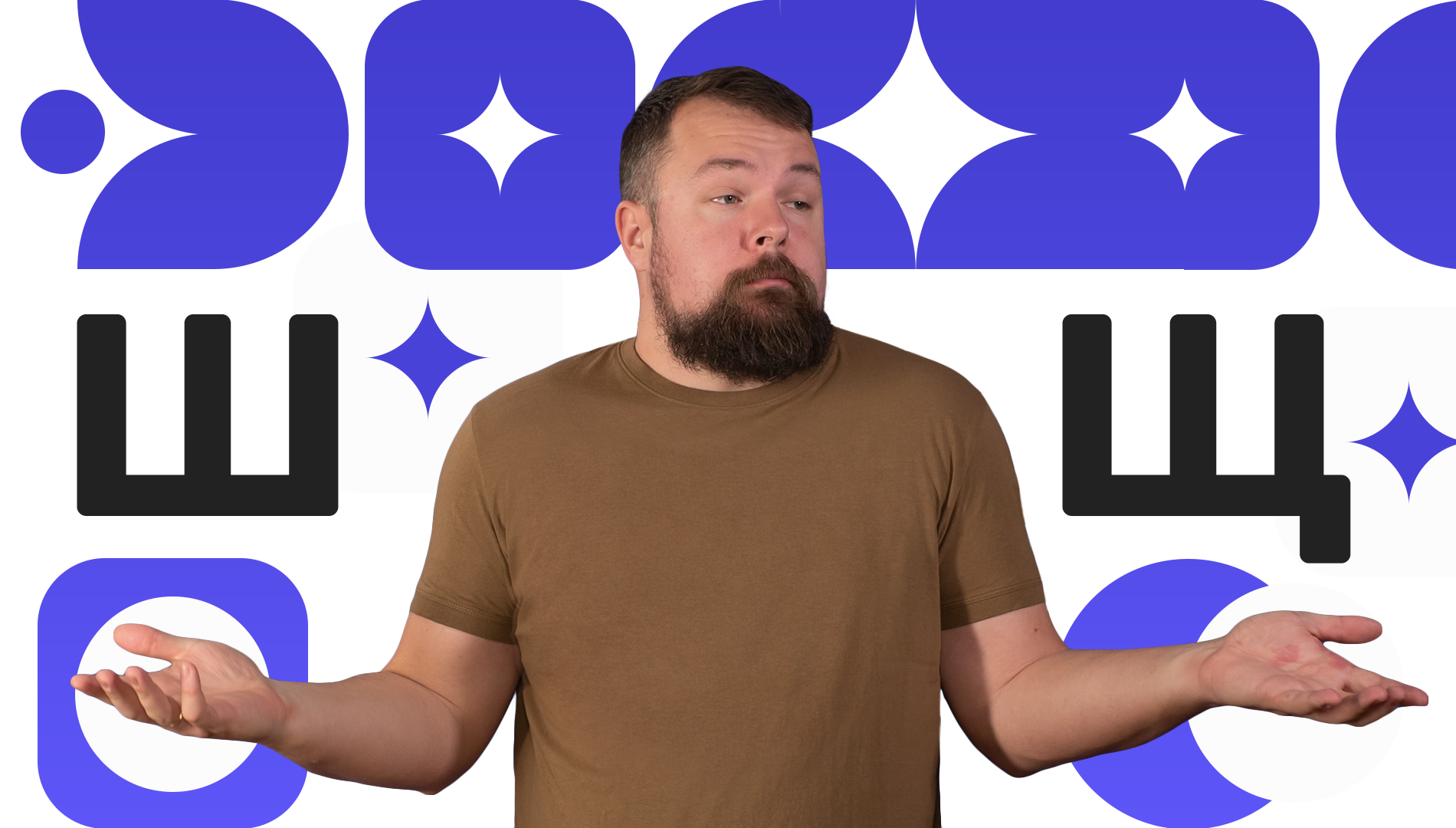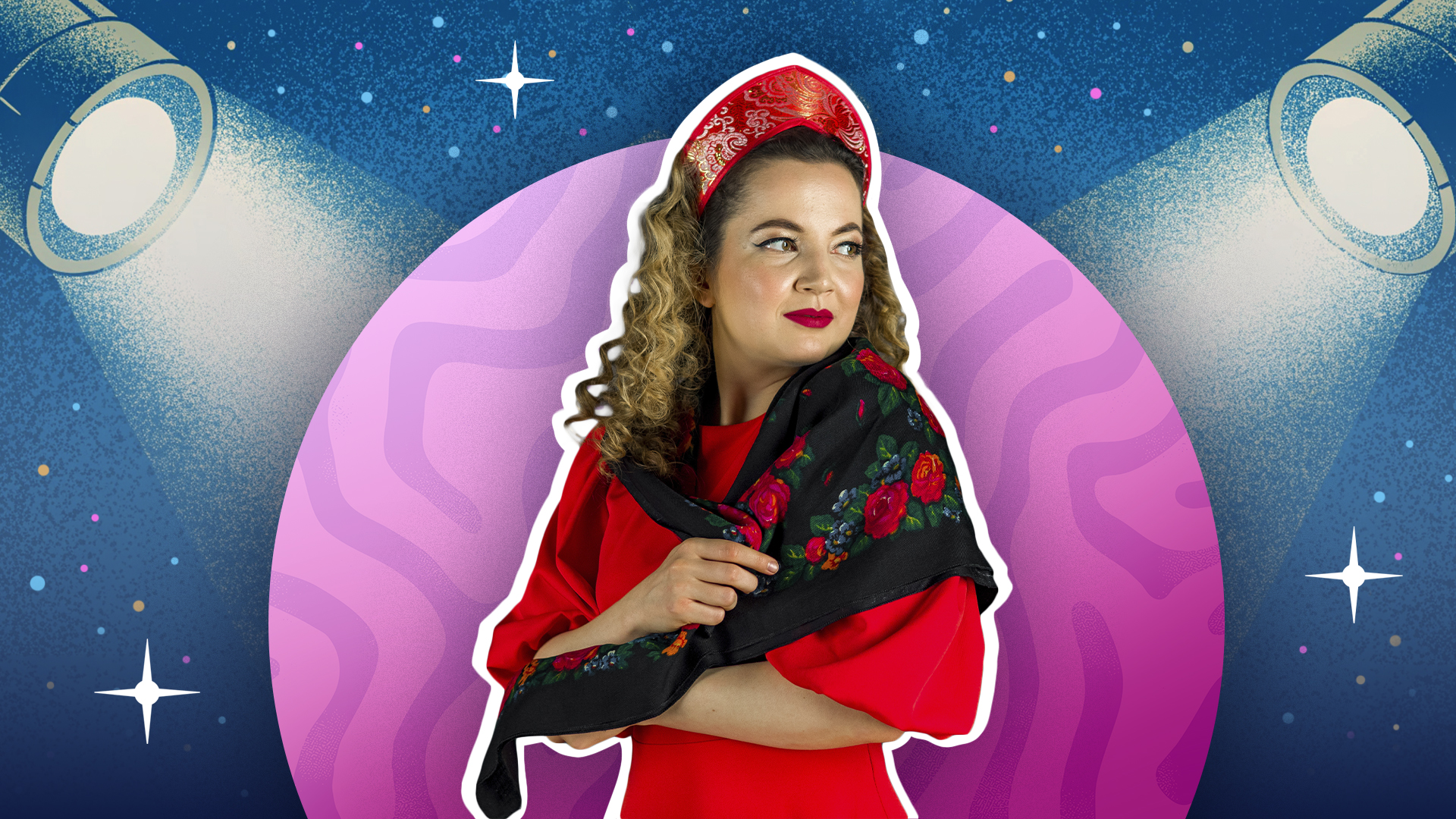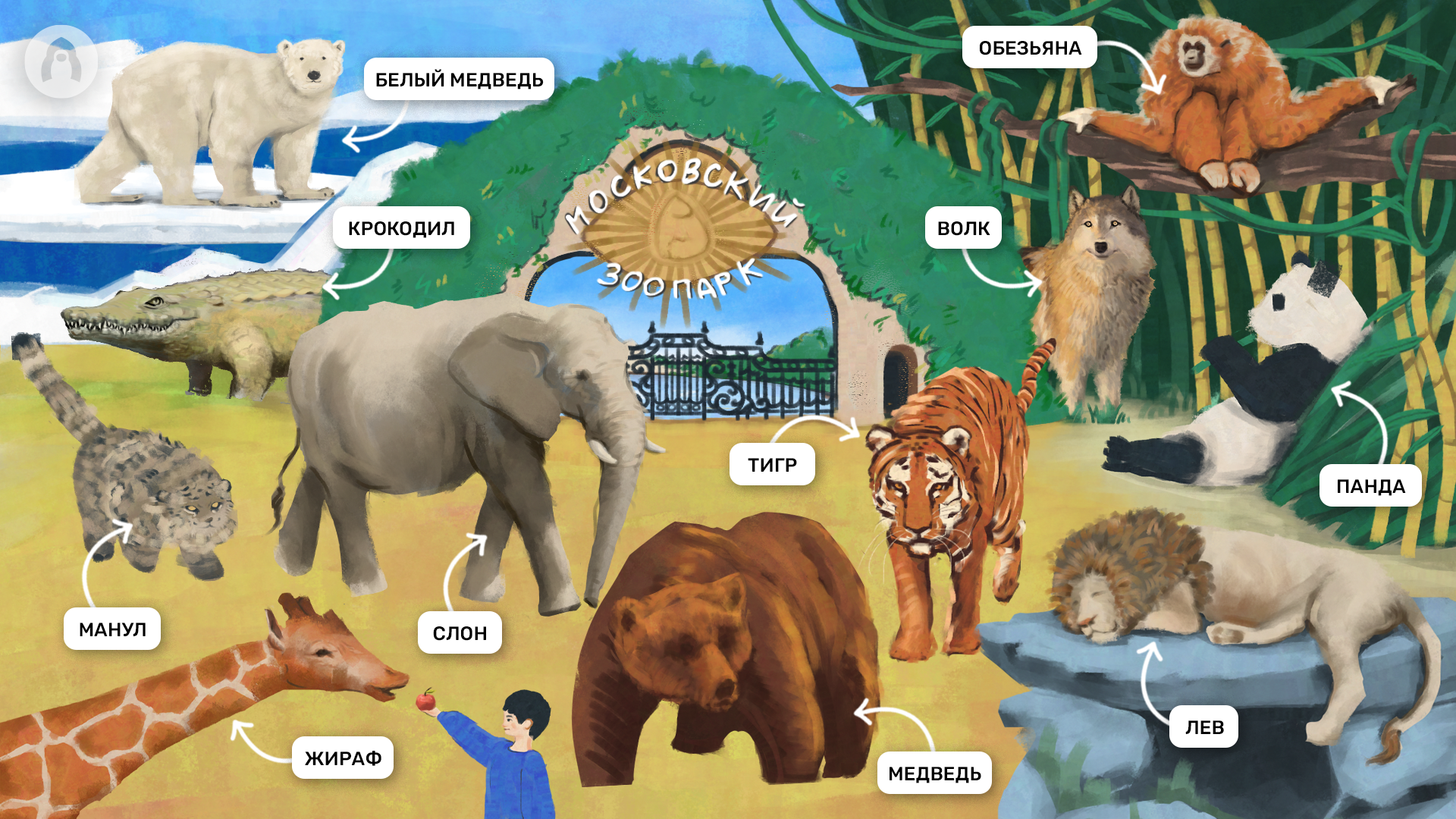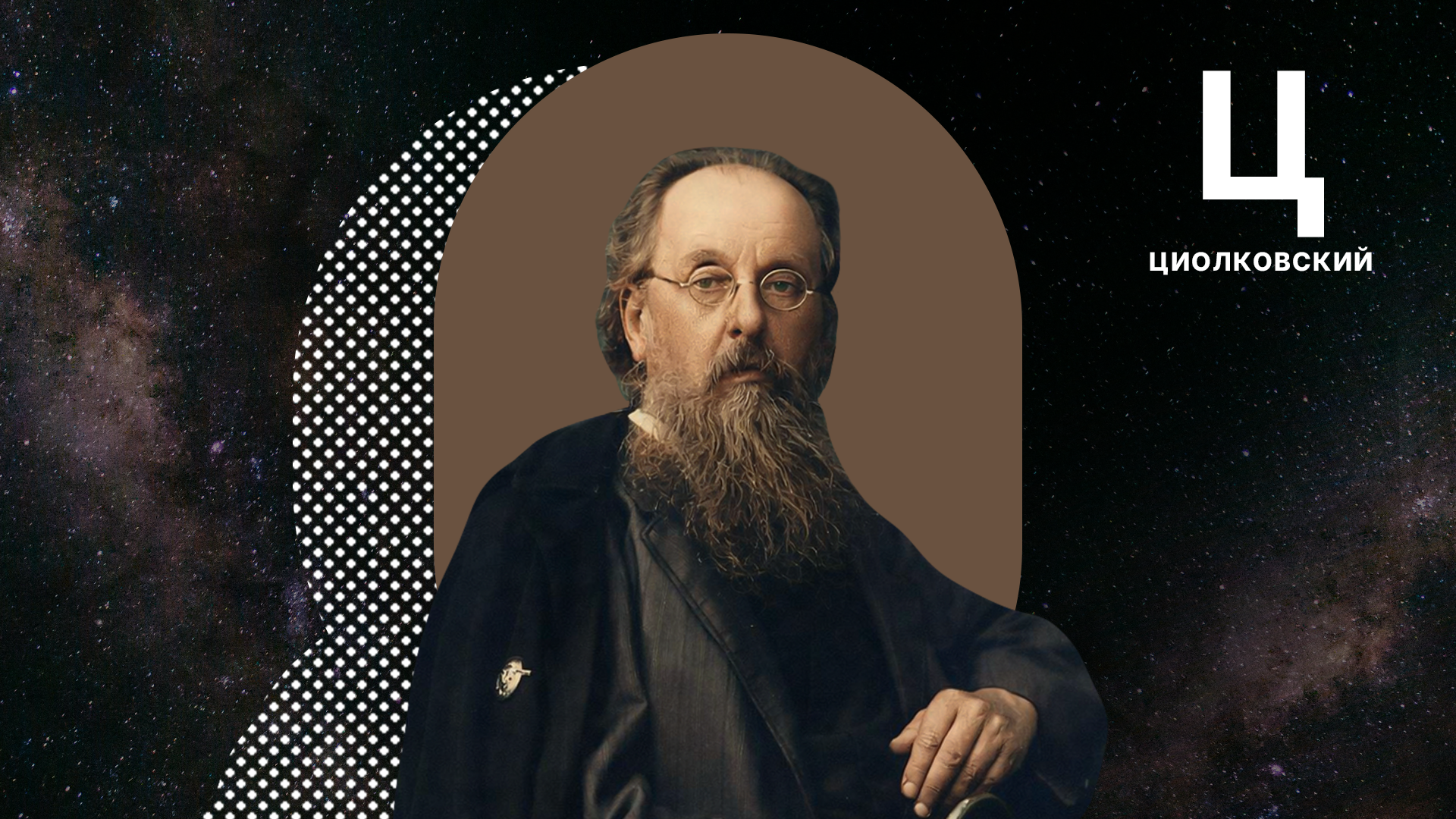
Why do people call the Soviet Union a ‘sovok’ (a scoop)?

‘Совок’ (‘sovok’) in Russian is a scoop or a small shovel that children play with in the sandbox or a tool for collecting garbage or waste from a pet’s litter box.
In late Soviet times, the word had an additional, stylistically reduced, colloquial meaning. ‘Sovok’ (capitalized) even made it into the ‘Big Explanatory Dictionary of the Russian Language’.

“To live in Sovok” or “under Sovok”, as the Soviet Union was and is pejoratively referred to. And it's also about “someone who has strong habits and skills developed under the domination of communist ideology”, as the dictionary entry reads.
There is also the adjective ‘sovkovy’ (‘совковый’), which is applied to everything that is outdated, scraggly, inconvenient, in a broader sense.
According to Грамота.ру (Gramota.ru), such words are “deliberately (stylistically) lowered, slang, possessing a pronounced negative expression”.
How the word ‘sovok’ appeared
There are several versions of the word’s origins. The first is the simplest. It came from the first letters of ‘SOViet’ plus the ‘-ok’ suffix, adding to it the very colloquial and disparaging meaning.
According to another version, the author of the term was Russian-American emigre linguist and philosopher Mikhail Epshtein. In the 1980s, he wrote a book about the last Soviet culture, in which he reflected on totalitarianism and suggested that the inhabitants of the Soviet Union had started “to soviet”. “‘To soviet’ means to be in a strange state between life and death. Eyes open, but motionless,” he wrote. And a ‘sovok’ is a person who has been subjected to the attitudes of totalitarian thinking.

There is another legend that the term ‘sovok’ had been created by Alexander Gradsky, poet, singer and one of the first Russian rockers. According to him, he and his friends were drinking in a sandbox and everyone used children's scoops instead of glasses. Gradsky said his scoop reminded him of a symbol of hopelessness.
At the same time, Gradsky was upset with the meaning that journalists, in his opinion, gave to this word, because he himself perceived ‘sovok’ with a smile, not as something bad.













